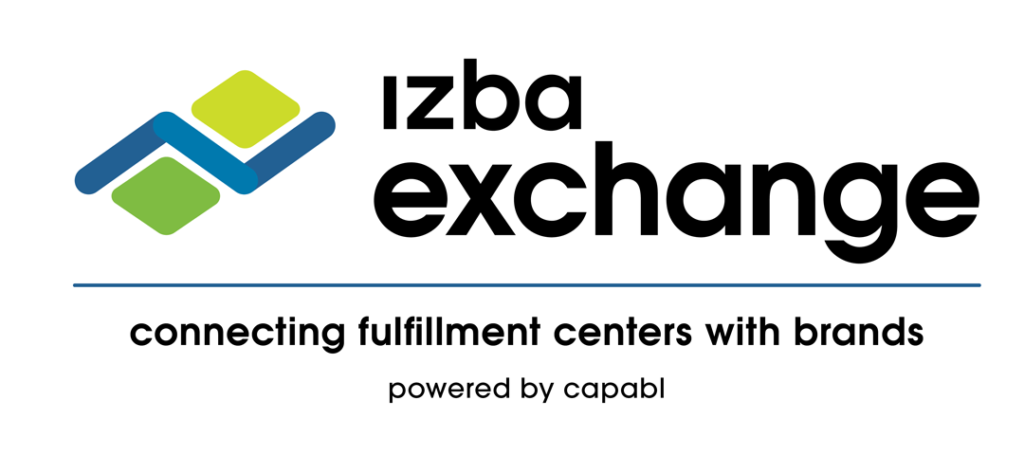
In the cosmetics industry, effective supplier management plays a crucial role in ensuring business success. By carefully selecting and managing suppliers, cosmetics companies can maintain product quality, meet customer demand, and navigate the complex global supply chain. This comprehensive guide will delve into the importance of supplier management, discuss key components of effective supplier management, explore strategies for overcoming challenges, highlight the role of technology in supplier management, and explore future trends in the industry.
Understanding the Importance of Supplier Management
Supplier management is a critical aspect of running a cosmetics business. It involves ensuring that the right suppliers are chosen, contracts are negotiated and managed effectively, and supplier performance is continuously monitored. By prioritizing supplier management, cosmetics companies can achieve higher levels of quality control, cost efficiency, and customer satisfaction.
Defining Supplier Management in the Cosmetics Industry
In the cosmetics industry, supplier management encompasses the entire process of identifying, evaluating, selecting, and managing suppliers. It involves establishing strategic partnerships with reliable suppliers who can consistently deliver high-quality raw materials, packaging components, and other essential items. Effective supplier management practices also include fostering open communication, maintaining transparency, and fostering positive relationships with suppliers.
For instance, when it comes to selecting suppliers for raw materials, cosmetics companies must take into consideration factors such as the origin of the ingredients, their safety profile, and their compatibility with the company’s product formulations. This requires conducting thorough research, including reviewing supplier certifications, conducting audits, and even visiting supplier facilities to ensure compliance with quality standards and ethical practices.
The Role of Supplier Management in Business Success
Supplier management has a direct impact on the success of a cosmetics business. By carefully selecting suppliers based on factors such as quality standards, ethical practices, and pricing, companies can ensure that their products meet the desired specifications and regulatory requirements. Additionally, robust supplier management practices enable companies to respond quickly to market demands and changes, ensuring timely delivery of products and maintaining a competitive advantage.
Furthermore, effective supplier management goes beyond the initial selection process. It involves establishing clear performance metrics and regularly evaluating supplier performance to identify areas for improvement. This can include tracking delivery times, product quality, and responsiveness to issues or concerns. By continuously monitoring supplier performance, cosmetics companies can proactively address any potential issues and maintain a strong supply chain.
In conclusion, supplier management is a multifaceted process that plays a crucial role in the success of a cosmetics business. By prioritizing supplier management, companies can ensure the consistent delivery of high-quality products, maintain cost efficiency, and enhance customer satisfaction. It requires careful evaluation, open communication, and ongoing monitoring to establish and maintain strong relationships with suppliers. Ultimately, effective supplier management is an essential component of a thriving cosmetics business.
Key Components of Effective Supplier Management
Effective supplier management involves several key components that work together to support business operations. These components include supplier selection and evaluation, contract negotiation and management, and supplier performance monitoring.
Supplier Selection and Evaluation
When choosing suppliers in the cosmetics industry, it is crucial to conduct thorough evaluations to ensure that they meet specific criteria. This includes assessing factors such as product quality, adherence to regulations and ethical standards, financial stability, and capacity to meet demand. By investing time and effort in supplier selection, companies can minimize the risk of receiving subpar materials and maintain a consistent level of quality in their products.
Furthermore, it is important to consider the geographical location of suppliers. Proximity to manufacturing facilities can reduce transportation costs and lead times, contributing to a more efficient supply chain. Additionally, evaluating a supplier’s sustainability practices and commitment to environmental responsibility can align with a company’s corporate social responsibility goals.
Contract Negotiation and Management
Contracts form the foundation of supplier relationships in the cosmetics industry. Effective contract negotiation involves clearly defining expectations, pricing structures, delivery timelines, and quality standards. Once contracts are in place, diligent contract management is essential to ensure that both parties fulfill their obligations.
Moreover, it is beneficial for companies to establish open lines of communication with suppliers to address any concerns or changes in requirements promptly. Regular meetings and performance reviews can foster a collaborative environment, allowing for proactive problem-solving and continuous improvement.
Supplier Performance Monitoring
Monitoring supplier performance is crucial for maintaining quality control and identifying areas for improvement. By establishing key performance indicators (KPIs) and conducting regular assessments, cosmetics companies can gauge supplier performance against agreed-upon metrics.
Additionally, it is valuable to develop a supplier scorecard that evaluates various aspects such as on-time delivery, product quality, responsiveness, and innovation. This comprehensive evaluation system provides a holistic view of supplier performance and enables companies to make data-driven decisions when it comes to supplier selection and improvement initiatives.
By implementing robust supplier management practices, cosmetics companies can build strong and reliable supplier relationships, ensuring the consistent delivery of high-quality materials and supporting the overall success of their business.
Overcoming Challenges in Supplier Management
Supplier management in the cosmetics industry comes with its own set of challenges. Successfully navigating these challenges is critical to maintaining operational efficiency and customer satisfaction.
Dealing with Quality Control Issues
In an industry where product safety and efficacy are paramount, ensuring strict quality control is essential. Cosmetics companies must establish rigorous testing protocols and performance standards to verify the quality of materials supplied. Implementing quality control measures such as regular inspections, batch testing, and third-party audits helps ensure that products meet the highest standards.
Managing Supplier Relationships
Building and maintaining strong relationships with suppliers is vital for long-term success. Open and effective communication is key to resolving issues, collaborating on innovation, and fostering mutually beneficial partnerships. Regular meetings, sharing market insights, and acknowledging supplier achievements help build trust and foster a collaborative environment.
Navigating Global Supply Chain Complexities
The cosmetics industry relies heavily on global supply chains to source materials, components, and packaging. While this opens up a wide range of options, it also introduces complexities such as varying regulations, cultural differences, and transportation logistics. Robust supplier management practices include understanding and adapting to these complexities, maintaining backup suppliers, and implementing contingency plans to minimize disruptions.
Leveraging Technology in Supplier Management
Technology plays a crucial role in efficient supplier management. Utilizing advanced tools and systems can streamline processes, enhance visibility, and improve collaboration between suppliers and cosmetics companies.
The Role of ERP Systems in Supplier Management
Enterprise Resource Planning (ERP) systems offer comprehensive solutions for managing supplier relationships. These systems enable efficient procurement, order management, inventory tracking, and data analytics. By integrating supplier information into a centralized platform, cosmetics companies can enhance visibility, automate workflows, and facilitate informed decision-making.
Benefits of Automated Supplier Management Systems
Automated supplier management systems offer numerous benefits for cosmetics companies. These systems streamline supplier onboarding, contract management, and performance monitoring through features such as electronic document management, automated notifications, and real-time analytics. Automating these processes minimizes manual errors, reduces administrative burdens, and improves overall efficiency.
Future Trends in Supplier Management
The cosmetics industry continues to evolve, and supplier management practices must adapt to meet emerging trends and challenges.
The Impact of Sustainability on Supplier Management
Sustainability has become a significant consideration for both cosmetics companies and consumers. As consumers increasingly prioritize ethically sourced and eco-friendly products, cosmetics companies are focusing on sustainable supplier management practices. This includes selecting suppliers with sustainable sourcing and manufacturing practices, implementing environmentally friendly packaging solutions, and actively reducing the ecological footprint.
How AI and Blockchain are Transforming Supplier Management
Artificial Intelligence (AI) and blockchain technologies are revolutionizing the way supplier management is approached. AI-powered analytics can help identify patterns, predict supplier performance, and optimize supply chain processes. Blockchain technology offers enhanced transparency and security by providing an immutable and decentralized record of supplier transactions. These technologies improve efficiency, traceability, and trust in supplier management.
In conclusion, effective supplier management is vital for success in the cosmetics industry. By understanding the importance of supplier management, recognizing key components, overcoming challenges, leveraging technology, and embracing future trends, cosmetics companies can maintain high-quality standards, foster strong supplier relationships, and stay ahead in this dynamic industry.
Ready to elevate your cosmetics business to new heights? Izba Consulting is your go-to partner for driving profitability and enhancing supply chain operations. With our unique blend of Fortune 500 and startup experience, we’re equipped to help you start, scale, and exit your business successfully. Don’t miss out on the opportunity to transform your supply chain and boost your bottom line. Subscribe to our newsletter today and join a community of founders who are taking their businesses to the next level with Izba Consulting.




